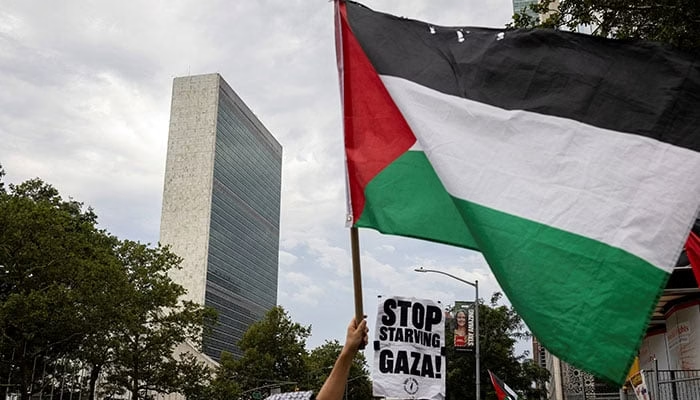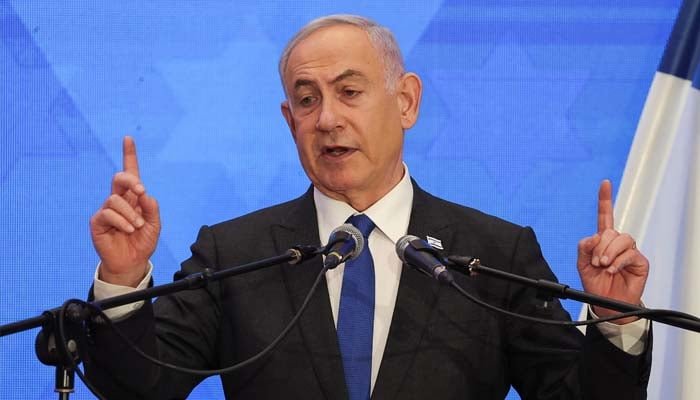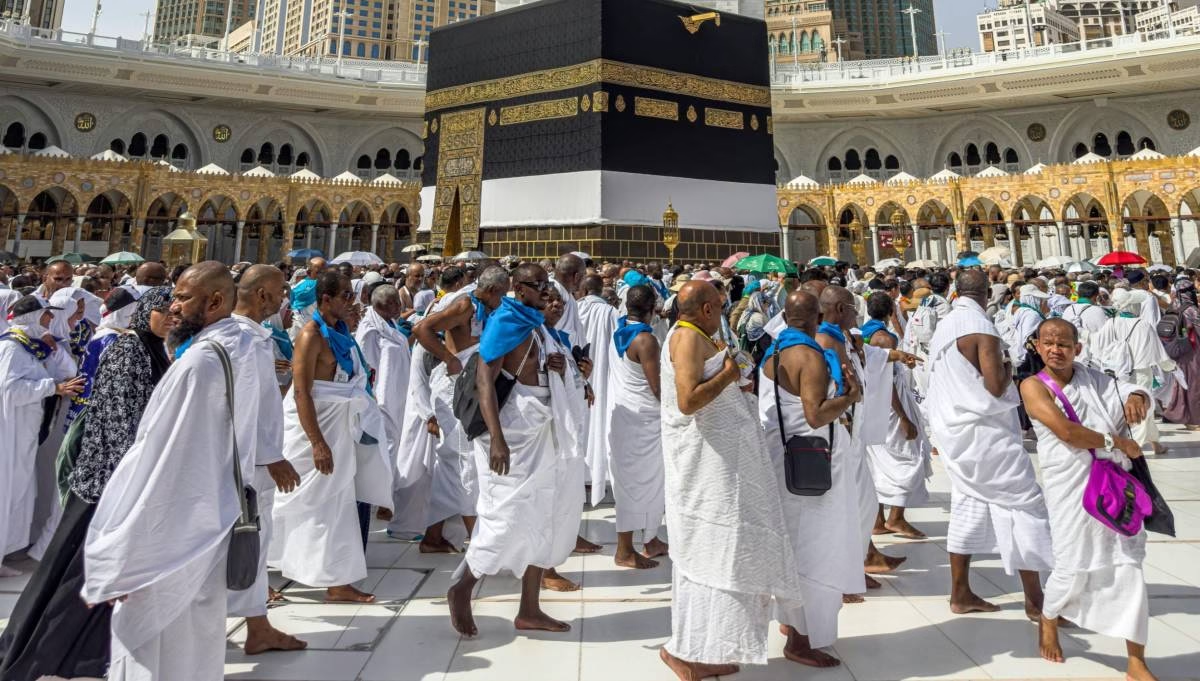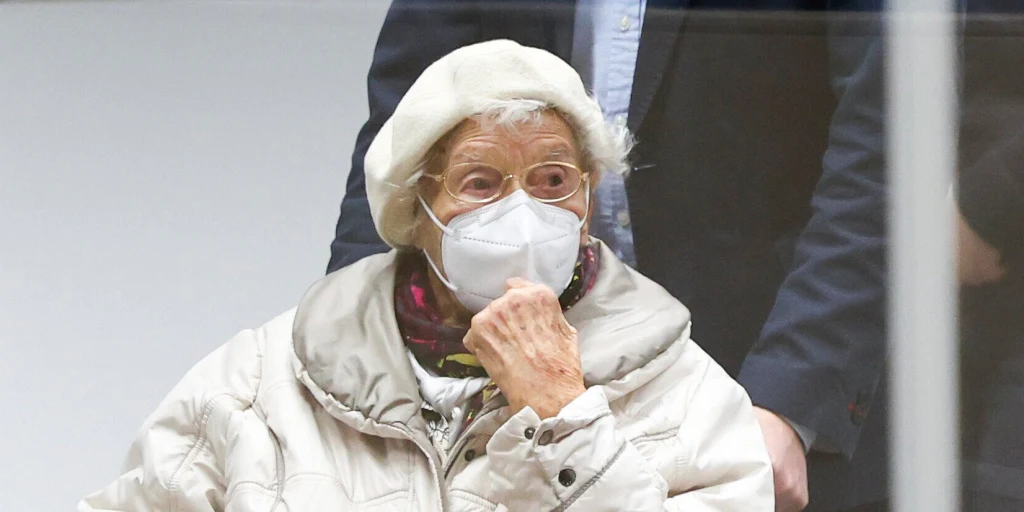An upcoming high-level United Nations conference is set to reignite momentum for the long-stalled two-state solution, as global focus shifts back to Palestinian statehood amid France’s landmark decision to recognize Palestine. The conference, co-chaired by France and Saudi Arabia, will take place from July 28 to 30 in New York City, aiming to foster a peaceful coexistence between Israel and Palestine.
In a bold announcement just days before the summit, French President Emmanuel Macron declared that France will officially recognize the State of Palestine in September. This declaration has already had a significant diplomatic impact and is expected to shape the tone and agenda of the upcoming talks.
Macron’s Recognition Declaration Changes Diplomatic Calculus
Richard Gowan of the International Crisis Group emphasized the significance of Macron’s announcement, stating it changes the game and could push other countries to consider similar moves. Other participants will be scrabbling to decide if they should also declare an intent to recognise Palestine,Gowan noted.
To date, at least 142 of the 193 UN member states — including major nations across Africa, Asia, and Latin America — have recognized the Palestinian state, which was proclaimed in exile in 1988.
The decision comes at a time when the Israeli-Palestinian conflict, particularly the war in Gaza, has reached unprecedented levels of destruction and humanitarian crisis. International observers and rights groups argue that the urgency for a diplomatic breakthrough is higher than ever.
Historical Context and Two-State Vision
The 1947 UN Partition Plan called for the division of British-mandated Palestine into two independent states — one Jewish and one Arab. Israel was declared a state in 1948, but the Palestinian state never materialized. Decades of conflict, failed negotiations, and expanding Israeli settlements have made the prospect of a two-state solution increasingly uncertain.
The current war in Gaza, which began after a deadly Hamas-led attack on Israel, has resulted in tens of thousands of Palestinian casualties due to Israel’s large-scale military operations. The growing humanitarian disaster has reignited global urgency to resolve the conflict diplomatically.
Key Focus Areas of the UN Conference
This week’s conference, which was postponed from June, will bring together global ministers and diplomats, including Palestinian Prime Minister Mohammad Mustafa, to address several core issues:
- Recognition of Palestinian Statehood
- Reform of the Palestinian Authority
- Disarmament of Hamas and its exclusion from public governance
- Normalization of ties between Arab states and Israel
A French diplomatic source underscored that the two-state solution is now “more threatened than ever but even more necessary than before,” stressing that the ongoing war proves there is no viable alternative.
However, no new normalization agreements between Arab states and Israel are expected to be announced at the conference.
Western Reactions and Divisions
While France leads the charge, other major powers are taking a more cautious approach. Britain has stated it will not recognize Palestine unilaterally, preferring instead to wait for a broader peace framework. Germany, a key EU ally of Israel, has also resisted immediate recognition.
Still, Palestinian UN Ambassador Riyad Mansour hailed the conference as a “unique opportunity” to bring international law to life and build a concrete plan to end the occupation and conflict. He called for “courage” from the attending nations to stand for justice and peace.
Israel and US Absent Amid Growing Global Criticism
Notably, Israel and the United States will not attend the New York summit. Israeli UN Ambassador Danny Danon criticized the conference for failing to prioritize the condemnation of Hamas or the return of Israeli hostages still held in Gaza.
The Israeli embassy reiterated that the country’s absence is due to the perceived lack of focus on immediate Israeli concerns, particularly security and terrorism.
Nevertheless, the absence of Israel and the US is not expected to dampen the international turnout. More than 100 countries are set to speak during the three-day event, with many expected to issue strong statements criticizing Israel’s conduct in Gaza and calling for an end to the war.
Humanitarian Crisis in Gaza Dominates Global Concerns
As the death toll in Gaza continues to rise and aid efforts face severe blockades, the humanitarian emergency is expected to dominate many of the speeches and resolutions. Images of mourning families and mass funerals following recent Israeli airstrikes have intensified international outrage.
Activists, humanitarian organizations, and international agencies are urging immediate ceasefire measures and increased support for the besieged Palestinian population.



